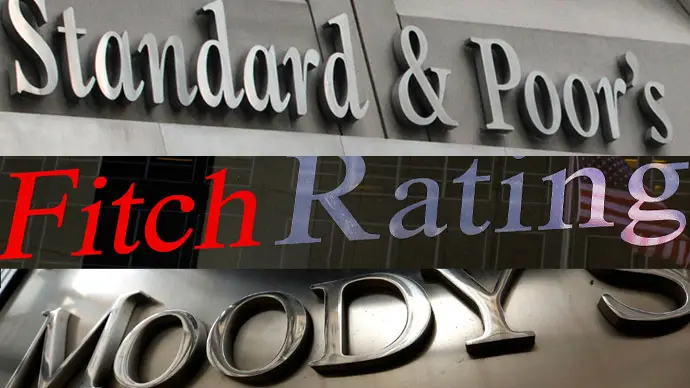Professional services firm, Deloitte is projecting higher credit ratings for Ghana over improved debt sustainability.
In October 2024, Moody’s upgraded Ghana’s long-term ratings for both foreign and local currency.
Similarly, Fitch also upgraded Ghana’s long-term local currency issuer default rating during this time. These upgrades follow a 37% reduction in the principal amount of the Eurobond components as part of the government’s comprehensive debt restructuring program.
The government expects the completion of this restructuring, which is currently about 93% complete, to lead to improved credit ratings and a more positive investor sentiment.
Additionally, the Government plans to implement liability management operations to mitigate the risks associated with the Eurobond debt portfolio and to keep sufficient reserves in the sinking fund to manage public debt effectively.
READ ALSO: Evolve measures to address excesses of emerging geo-political risks in Europe, America – Deloitte tells gov’t
But in its anatsys of the 2025 budget statement, Deloitte said that the consistent decline in debt to GDP ratio, having slid down from 78.5% as of December 2021 to 61.8% as of December 2024, reflects significant improvement in debt sustainability and major progress towards the medium-term target debt to GDP ratio of 55% by 2028 as agreed with the International Moneyray Fund (IMF).
“The improvement in debt sustainability is expected to induce improved ratings from the international credit rating agencies, which, in turn, will drive up investor confidence in our economy,” Deloitte said.
It further indicated that plans by the Government to extend its bonds maturity profile and improve activity of the secondary bonds market will create some breathing space for government by way of increased access to longer dated debt and reduced cost of issuances.
This is also expected to provide relative predictability in the government’s cash flow management and will help smoothen the redemption profile and mitigate refinancing or rollover risks associated with the debt portfolio it said.
“Plans to leverage the sinking fund, to build cash buffers for debt repayment purposes, is expected to increase government’s debt repayment credibility and boost investor confidence. Whilst this can be regarded as a good strategy for prudent debt management, the commitment to build cash buffers will require high level of fiscal discipline if we are to achieve this goal.
READ ALSO: Removal of E-levy, Betting Tax poses risk to govt’s ability to achieve its revenue target – Deloitte
“Lastly, the recent drop in T-bills rate, which has resulted from government’s resolve to reject auction offers for T-bills above designated thresholds, connotes fiscal discipline and must be commended. We however advise the Finance Minister to work closely and in a coordinated manner with the Central Bank in the bid to advance government’s fiscal objectives as certain government decisions, regardless of how well intended they may be, can have adverse impact on our monetary policy objectives. Overall improvement in the coordination between the monetary and fiscal policy authorities will greatly enhance our ability to achieve our economic goals,” Deloitte said.
